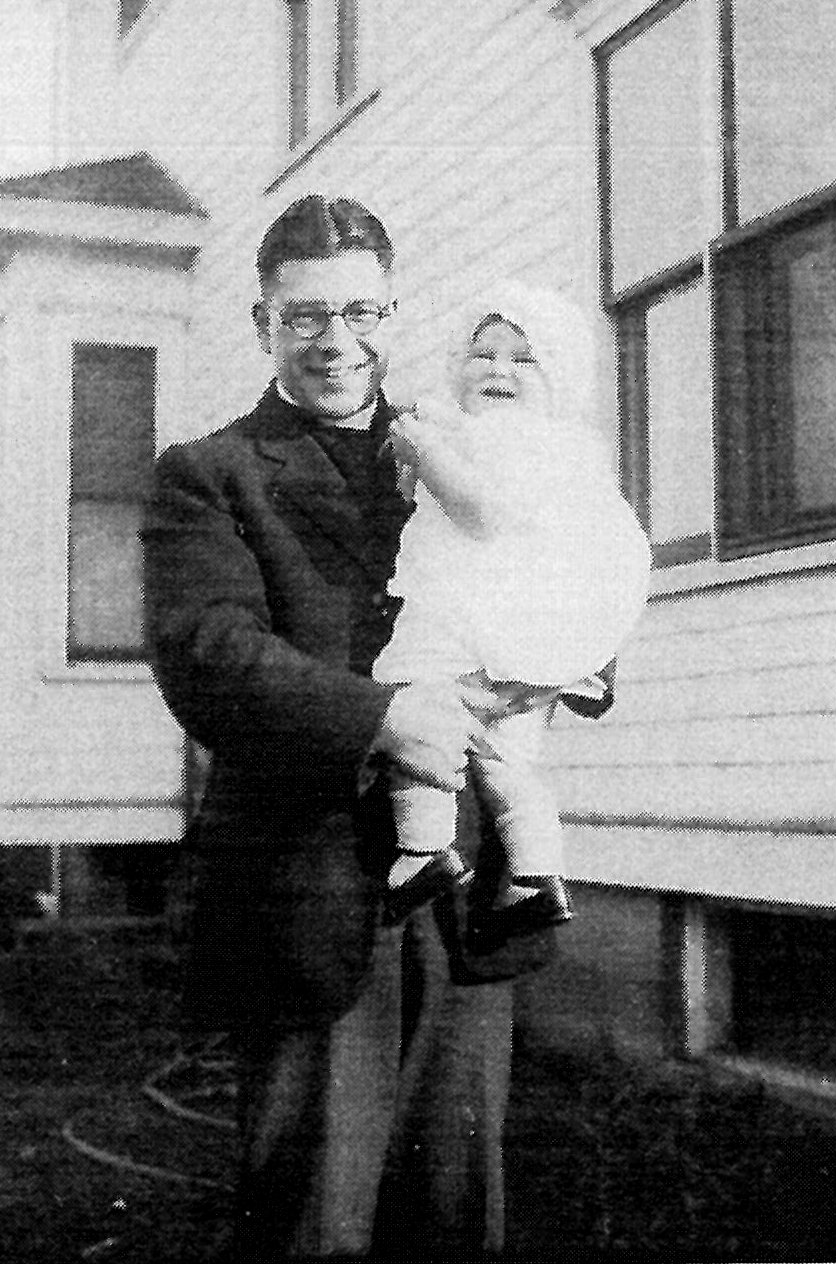On this day in 1935, a letter was sent from the President of the United States, Franklin D. Roosevelt, to various ministers whom the President termed “representative clergymen.” Though undoubtedly spurred on by certain political motives, the letter presented a clear appeal for advice. Early in the letter, Roosevelt said, “Because of the grave responsibilities of my office, I am turning to representative Clergymen for counsel and advice, feeling confident that no group can give more accurate or unbiased views.”
After briefly mentioning several policy initiatives, he concluded by saying, “I shall deem it a favor if you will write me about conditions in your community. Tell me where you feel our government can better serve our people. We can solve our many problems, but no one man or single group can do it, we shall have to work together for the common end of better spiritual and material conditions for the American people. May I have your counsel and your help? I am leaving on a short vacation but will be back in Washington in a few weeks, and I will deeply appreciate your writing to me. Very sincerely yours, FRANKLIN D. ROOSEVELT
One of the “representative clergymen” who received Roosevelt’s letter was H. McAllister Griffiths, General Secretary of the Covenant Union and editor of the Presbyterian Guardian. Griffiths understood that Roosevelt had never heard of him, adding that “My belief that this is so is confirmed by the fact that your typist did a rather bad job of spelling my name.” He also acknowledged the criticism of some, that the letter was a thinly veiled political ploy. Yet he thought the best of the President’s request for counsel, and endeavored to give him an honest answer.
After deferring on the policy questions, Griffiths got to the heart of the matter when he said, “I would be less than honest if I did not say that I and many others believe that America stands morally upon the brink of an abyss, if we have not indeed already begun to slide into it. When I say "moral" I refer not merely to relationships between the sexes, I mean the whole life of man in its relation to right and wrong. I and many others also believe profoundly that there is only one salvation for our country, or for any of us. We believe that apart from God and His Life in the life of men there is no such thing as living morality, integrity, goodness or truth. Further, we know of no other way to God and His life than through Jesus Christ His Son, our Redeemer, who shed His blood and poured out His soul to save us from the very thing that now spreads ruin about us: the consequences and the pollution of moral evil, or more shortly, simply sin. Earnestly I ask you not to despise this counsel as that of enthusiasts or cranks. It would be the counsel I truly believe, of those men and women of the past, whose character has until now stamped its impress upon our national life and history. We believe that for sin there ought to be repentance, true and deep. We know that for repentance there is abundant forgiveness.
And after forgiveness comes strength and grace for the good life. Lead our people, Mr. President, in a great act of unfeigned national repentance and humiliation before God. In our collective national life God is even more forgotten than your "forgotten man." Call upon our nation, yes, in spite of its diverse inheritance of races and creeds, to join you in a return to God through the shed blood of the Cross. Lead our nation back to God, so that we shall again be a truly Christian nation! No doubt this would be very bad politics, Mr. President. That is fully understood. But by such an act you would assume forever in American life and history a place that politics or even the summit of secular statesmanship could never gain you. Your voice could call us as that of no other living man. You would tower down centuries as the greatest leader the American people ever had-the one man who had the insight to see that salvation comes, not to eyes that look down, but to eyes that look up; the one man who had the courage and humility to lead a people back to God where alone the national soul might be reborn, and the national life find abundant and free expression. To lead us thus in national repentance would be a glorious act. But, better still, it would be right. Will you do it, Mr. President?”
Griffith’s letter, along with the President’s letter, were printed in the October 21, 1935 edition of the Presbyterian Guardian.
Picture: H. M. Griffiths and child.

© 2025 The Orthodox Presbyterian Church